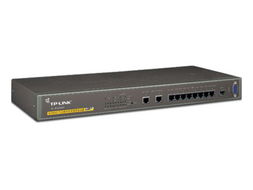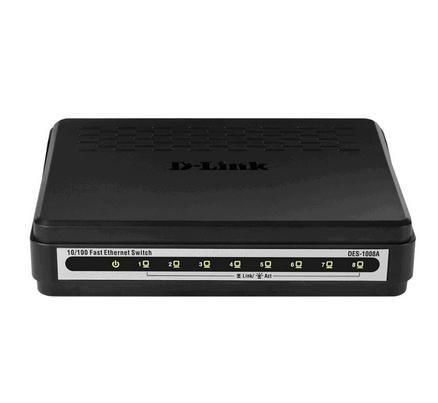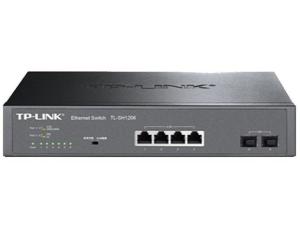Boiler Link: A Comprehensive Guide
Are you looking to explore the world of boiler systems? Do you want to understand how they work, their benefits, and the various types available? Look no further! This article will delve into the intricacies of boiler systems, providing you with a detailed and multi-dimensional overview. Whether you’re a homeowner, a business owner, or simply curious about these essential heating systems, this guide will equip you with the knowledge you need.
Understanding Boilers

A boiler is a device that heats water and converts it into steam or hot water, which can then be used for heating, hot water supply, or both. Boilers are widely used in residential, commercial, and industrial settings due to their efficiency and reliability.
Boilers operate on the principle of heat exchange. They use a heat source, such as gas, oil, electricity, or renewable energy sources, to heat water. The heated water then circulates through pipes, radiators, or underfloor heating systems, providing warmth and hot water to the desired areas.
Types of Boilers

There are several types of boilers available, each with its unique features and benefits. Here’s a closer look at some of the most common types:
| Type | Description | Benefits |
|---|---|---|
| Combi Boilers | Combination boilers provide both central heating and hot water on demand, eliminating the need for a separate hot water cylinder. | Space-saving, energy-efficient, and cost-effective. |
| System Boilers | System boilers store hot water in a cylinder and provide central heating and hot water. They require a cold water tank but no separate hot water cylinder. | Easy to install, reliable, and suitable for larger homes. |
| Conventional Boilers | Conventional boilers heat water in a separate cylinder and provide central heating and hot water. They require both a cold water tank and a hot water cylinder. | Flexible and suitable for homes with multiple bathrooms. |
Benefits of Boilers

Boilers offer numerous benefits, making them a popular choice for heating and hot water supply. Here are some of the key advantages:
- Energy Efficiency: Modern boilers are highly efficient, reducing energy consumption and lowering utility bills.
- Reliability: Boilers are known for their reliability and durability, providing consistent heating and hot water supply.
- Comfort: Boilers provide a comfortable and consistent indoor temperature, making them ideal for homes and businesses.
- Customization: Boilers come in various types and sizes, allowing you to choose the perfect system for your specific needs.
Installation and Maintenance
Proper installation and maintenance are crucial for the optimal performance and longevity of a boiler. Here are some key points to consider:
- Professional Installation: It’s essential to hire a qualified and experienced installer to ensure the correct installation and compliance with safety standards.
- Regular Maintenance: Regular maintenance, including annual checks and cleaning, can help prevent breakdowns and extend the lifespan of your boiler.
- Upgrades: If your current boiler is outdated or inefficient, consider upgrading to a newer, more energy-efficient model.
Choosing the Right Boiler
Selecting the right boiler for your needs can be a daunting task. Here are some factors to consider:
- Home Size: The size of your home will determine the boiler capacity required. A larger home will need a more powerful boiler.
- Energy Source: Choose a boiler that suits your preferred energy source, whether it’s gas, oil, electricity, or renewable energy.
- Brand and Warranty: Research different brands and compare their warranties to ensure you’re investing in a reliable and long-lasting

















